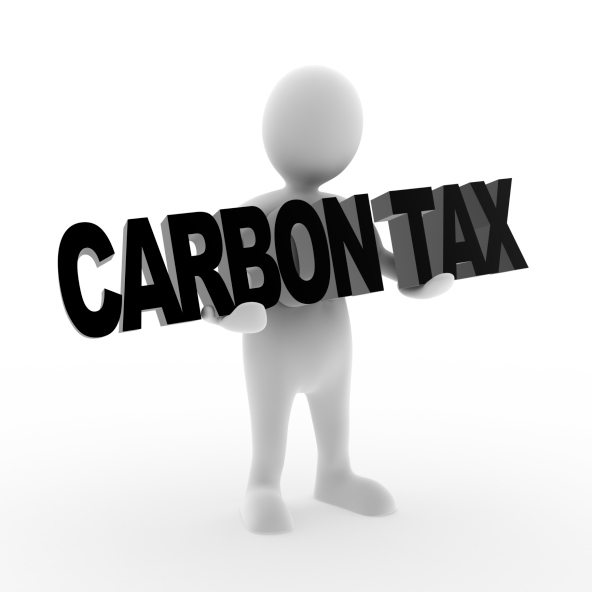(The Center Square) – The Shapiro administration will appeal a Pennsylvania court’s decision to strike down a proposed carbon “tax” as unconstitutional in a bid to “protect” the authority of future governors.
The news comes just one day after Gov. Josh Shapiro teased the appeal during a press club luncheon in Harrisburg. He said it was important to “listen” to all sides involved, most of whom agree that “cap and trade” is a good idea to reduce harmful emissions.
Cap and trade is a generic term for the Regional Greenhouse Gas Initiative, a collection of Northeast and MidAtlantic states that charge power producers for the emissions their facilities create. The initiative does so through a quarterly auction where facilities buy or trade pollution credits. The total amount of credits available will eventually dwindle to zero over the next 20 years.
Since 2009, RGGI credits have collectively reduced greenhouse gas emissions 50% faster than the rest of the country and returned $6 billion back to its member states.
Those states, however, opted to join the program with legislative approval. Former Gov. Tom Wolf’s decision to enter RGGI through regulation ran afoul of the constitution, critics said – a position to which the Commonwealth Court agreed.
Shapiro spokesman Manuel Bonder said Tuesday, however, Shapiro is ready and willing to sign a bill that would implement cap and trade on a statewide level or across the 13 states that share the same power grid, should the Legislature send it to his desk – an unlikely scenario, given the multitude of skeptics in the Senate.
Shapiro, himself, was among those reticent to support RGGI during his gubernatorial campaign in 2022. On Monday, however, he reiterated that state policy doesn’t have to choose between the economy and the environment.
“Should legislative leaders choose to engage in constructive dialogue, the governor is confident we can agree on a stronger alternative to RGGI,” Bonder said. “If they take their ball and go home, they will be making a choice not to advance commonsense energy policy that protects jobs, the environment and consumers in Pennsylvania.”
In Shapiro’s first budget proposal, he counted on more than $600 million in revenue from the program to support investments in public assistance programs, tax credits, career incentives, and public education.
The Department of Environmental Protection has said modeling shows joining RGGI will slash carbon dioxide emissions as much as 225 million tons by 2030.
In a recent report from the Kleinman Center for Energy Policy at the University of Pennsylvania, researchers concluded that RGGI participation will reduce the state’s electricity sector emissions by 84% in 2030, compared to roughly 52% without.
This can be achieved without raising utility bills or decimating energy exports, according to the report. Researchers said wind and solar generation will soften the impact of lost natural gas production and retail electricity prices will actually decline 0.6% by the time the RGGI cap zeroes out in 2040.
For critics, however, the modeling defies logic. Air pollution doesn’t respect geographical borders, they say, so non-participating neighbors like Ohio and West Virginia will still release carbon dioxide into the air, unfettered and unregulated – not to mention the atmospheric contributions from the rest of the world.
Natural gas plants, they add, are largely responsible for lowered emissions across the region, so taxing them and other legacy generators into extinction will raise consumer prices and destabilize the power grid.
Originally published by The Center Square. Republished with permission.
For more from Budget & Tax News.
For more public policy from The Heartland Institute.
